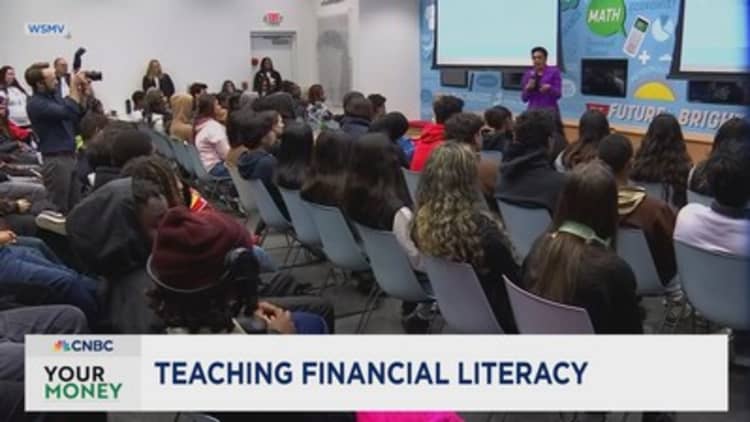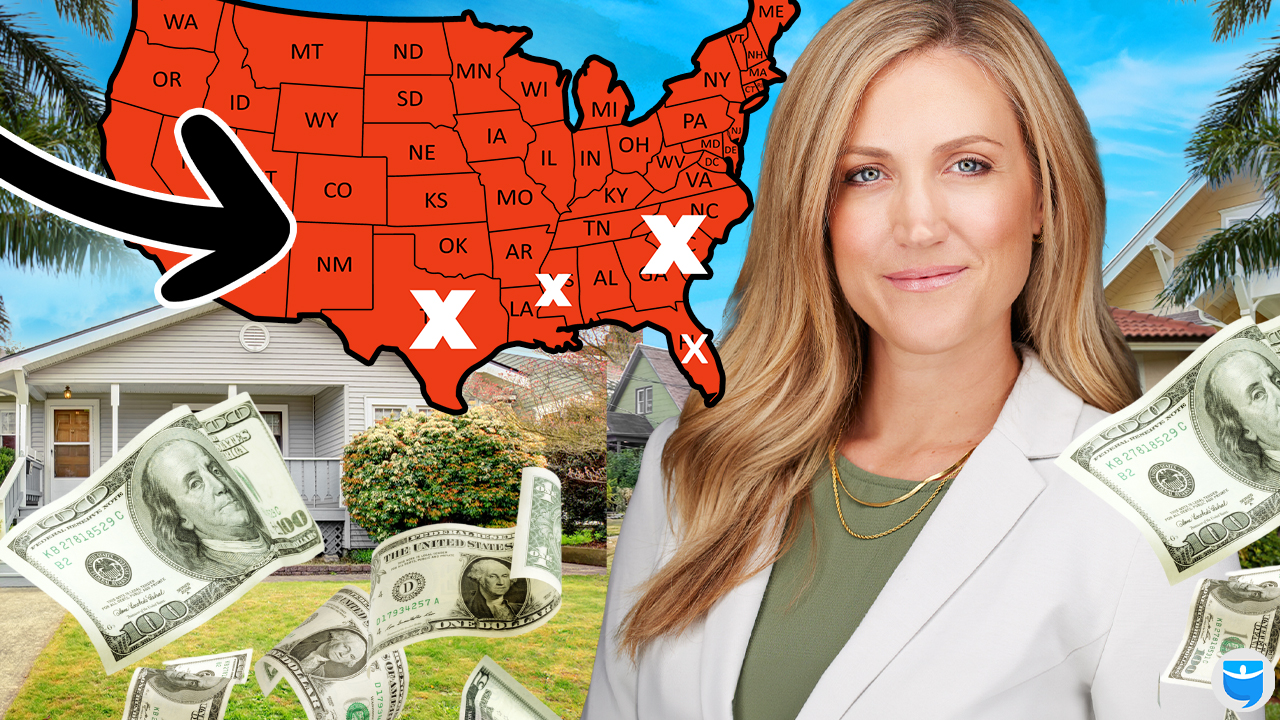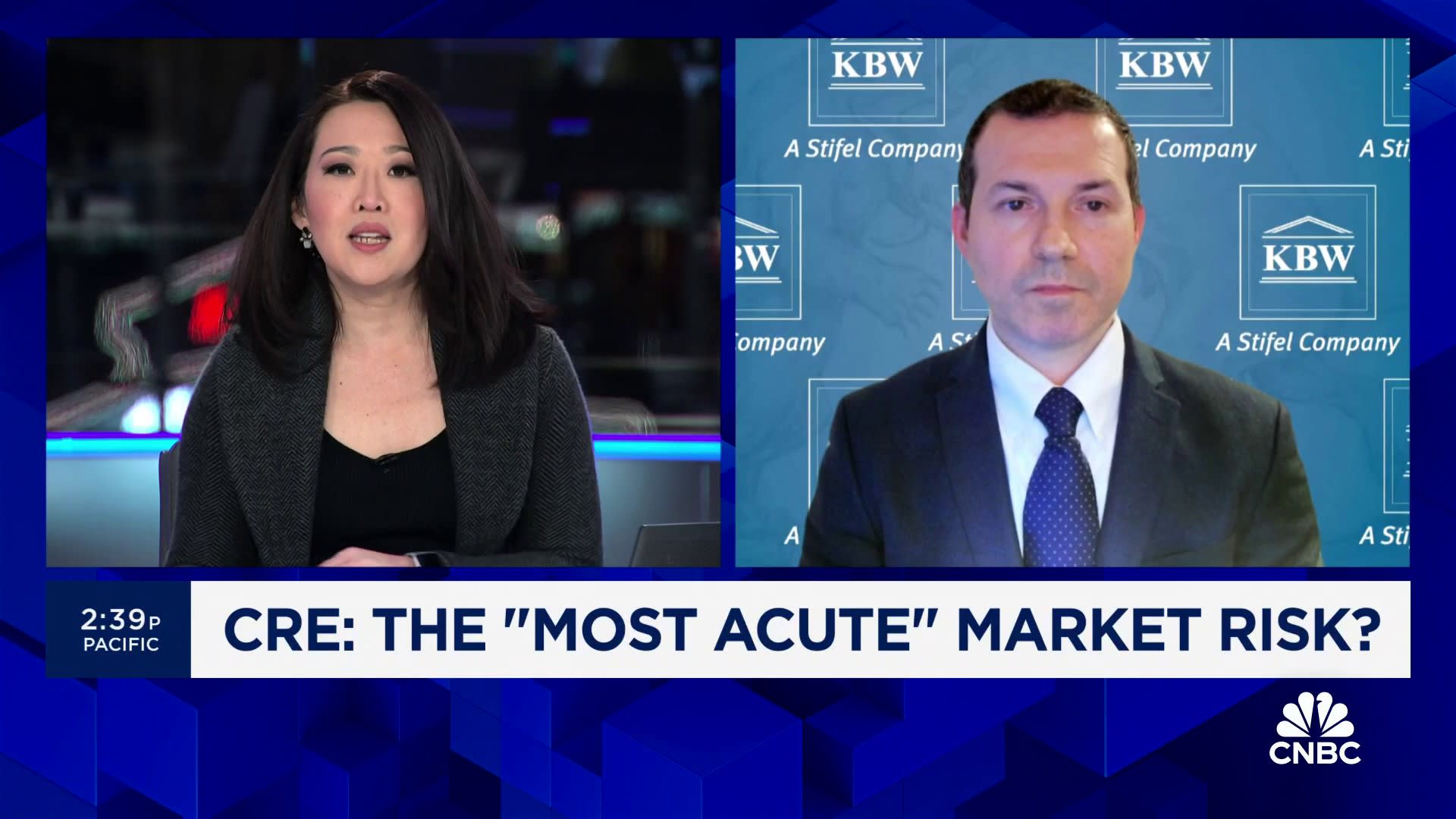Foreclosure Activity Increased in 2023—But What Do the Numbers Mean for Investors?
ATTOM’s Year-End 2023 U.S. Foreclosure Market Report shows that foreclosure activity increased last year from 2022 levels, but is this a cause for concern for investors?
The ATTOM report shows that foreclosure filings, which include default notices, auctions, and repossessions, stood at 357,062, up 10% from 2022 and 136% from 2021. These figures look much less alarming, however, when set in the context of pre-pandemic foreclosure levels. Foreclosure activity in 2023 was still 28% lower than it had been in 2019 and down a massive 88% from its peak in financial crisis-ravaged 2010.
At its 2010 worst, U.S. foreclosures represented 2.23% of all U.S. housing units. At the end of 2023, this percentage stood at a mere 0.26%, a slight increase from 0.23% in 2022.
ATTOM CEO Rob Barber commented in a press release that the 2023 rise in foreclosure activity should be viewed as ‘‘a market correction rather than a cause for alarm. It signals a return to more traditional patterns after years of volatility.”
It’s worth remembering that there was a foreclosure moratorium in place on federally-backed mortgage loans between March 2020 and July 31, 2021. This explains why foreclosure activity hit an all-time low of 0.11% of housing units in 2021. Inevitably, once the moratorium ended, foreclosure filings began climbing up.
What Do the Numbers Mean?
Fortunately, what we’re not seeing is a nationwide wave of foreclosure activity that could signal systemic problems with the housing market and wider economy. Barber is confident that ‘‘while foreclosure activity may fluctuate, it’s unlikely to approach the highs seen in the last decade. Instead, we foresee a market that is more reflective of broader economic trends, with foreclosure filings becoming a more predictable aspect of the housing landscape.’’
Real estate investors on the ground appear to support the view that the rise in foreclosure filings at the current level isn’t worrisome. Yancy Forsythe, owner at Missouri Valley Homes, told BiggerPockets that the rise in foreclosure filings should be interpreted as ‘‘part of a market correction rather than a worrying trend.’’ In addition, while Forsythe is seeing ‘‘a similar trend of rising foreclosures in the Missouri real estate market,’’ it isn’t ‘‘alarming.’’
Still, a rise in foreclosures means that more people are unable to pay their mortgages. Investors should familiarize themselves with regional foreclosure trends. It’s on the regional level that the disparities in housing markets are beginning to show themselves.
According to the ATTOM data, five states in 2023 saw foreclosure levels actually increase from pre-pandemic levels:
- Indiana (+73%)
- Idaho (+70%)
- Michigan (+15%)
- Nevada (+10%)
- Minnesota (+9%)
However, these weren’t the states with the greatest overall foreclosure numbers. Those were California (29,180 foreclosure starts), Texas (28,533), and Florida (27,427). To put these numbers into context, these are all densely populated states (California has a population of 39 million), whereas Indiana is relatively sparsely populated (population of 6.8 million), and the rise in foreclosure activity here is dramatic.
Investors need to take note of these numbers because a sharp rise in foreclosure activity means that, on the one hand, local homeowners are really struggling with affordability, and, on the other, they are having a hard time selling. Rachel Blakeman, director of Purdue Fort Wayne’s Community Research Institute, told the Fort Wayne Media Collaborative that in a thriving housing market like Northeast Indiana, ‘‘if you can sense that you’re starting to get behind on your mortgage and you need to get out of the house, you can probably sell the house relatively quickly. Depending on how long you’ve owned the house, you’re probably not underwater.’’
Redfin data for November 2023 shows that while home prices were continuing to grow in Indiana (2.2% year over year), the number of home sales declined by 9.34%. A stagnant housing market, combined with ongoing unaffordability, is bad news for local populations, and it’s not great news for investors.
The Bottom Line
While foreclosure investing in hot markets can be lucrative, it is much riskier in areas where selling or renting out a property may present challenges. That said, high foreclosure numbers in large states are not to be taken as a sign of an unhealthy housing market.
Take Florida, for instance. Yes, it is the state with the highest number of foreclosures, according to the ATTOM report. Yet even a rookie investor will know that Florida continues to be an attractive location for investing in real estate.
Florida is experiencing a population boom, with nine of its largest metros expected to grow 10% or more in the next decade. Demand for Florida homes will continue to outstrip supply. What this means is that even homeowners who find themselves in a foreclosure or pre-foreclosure situation will have no trouble finding a buyer. If someone can’t afford a home in Florida, someone else will buy it.
As the Indiana example demonstrates, there will be housing markets that display different patterns within the same state. Investors should take note of this and only invest in an area with high foreclosures if it is also experiencing a population influx and has a healthy labor market. Before investing in an area, always investigate it for signs of a possible housing market decline: high foreclosure rates, high local unemployment, and high numbers of underwater mortgages.
Ready to succeed in real estate investing? Create a free BiggerPockets account to learn about investment strategies; ask questions and get answers from our community of +2 million members; connect with investor-friendly agents; and so much more.
Note By BiggerPockets: These are opinions written by the author and do not necessarily represent the opinions of BiggerPockets.
Foreclosure Activity Increased in 2023—But What Do the Numbers Mean for Investors? Read More »















